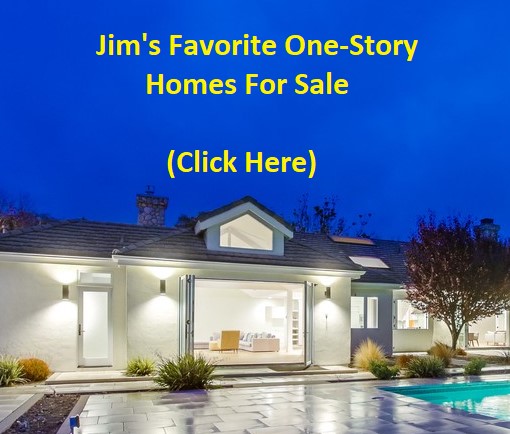From the WSJ - an excerpt: Hitting your parents up for cash can be awkward. But sometimes the best money move is to ask for help. Take comfort that you aren’t the only one asking. About 68% of parents of adult children have made or are currently making a financial...
Down Payments
Down-Payment Accounts
Here's a way to support homebuyers at all levels without taxpayer money: WASHINGTON (August 7, 2020) – Legislation introduced by Senators Doug Jones (D-AL) and Cory Gardner (R-CO) is being recognized as a critical component of the national effort to address the...
Crowdfunding Your Down Payment
If Fannie/Freddie is willing to allow this, how much longer will they require a down payment? From cnbc.com: https://www.cnbc.com/2017/10/05/a-new-way-to-buy-a-home-crowdfunding-the-down-payment.html An excerpt: Most business crowdfunding platforms offer returns on...
Private Down-Payment Assistance
Those with less skin in the game are typically the people who have the most trouble in a down market. Apparently, the potential profit must be so large that the investors overlook that - or figure there is little chance the government will let the market go down...
97% Down Payments
There's been a lot of hullabaloo about the Fannie/Freddie decision to drop the minimum down payment from 5% to 3%. But the 2% difference will have virtually nothing to do with the decision to default. If a homeowner is going to walk from a 3% down payment; they will...
NSDCC Investor Activity
The media keeps publishing their usual fear-mongering, wanting you to believe that as soon as the investors pull out, the real estate market will tank. Here's another: http://dealbook.nytimes.com/2013/06/03/behind-the-rise-in-house-prices-wall-street-buyers/?hp It...
Treacherous
Are long-time owners, mostly empty-nesters or elderly, finally moving on? Or is it more of the recent peak purchasers who are cutting loose? Of those who are selling now, when did they buy? A check of the August transactions in North San Diego Couty's coastal region...
Big Money
The local market is setting up for an extended period of quiet. Buyers continue to use big cash deposits and are financing the rest at such low rates that their resulting payments should be very manageable. They must be in for the long haul. Down payments of detached...
Average Down Payments
Hat tip to DOB for sending this in: Here's a corresponding article from the nytimes.com that correctly notes that the leading states have higher priced real estate that require bigger down payments:...
Cash Homebuyers Increased
From NMN: Nearly four out of every ten homes sold in 2011 have been purchased for cash on the barrelhead, according to a preliminary count by Housing Intelligence. Despite record low mortgage rates for most of the year, 38% of all homes sold will be all greenbacks, no...



